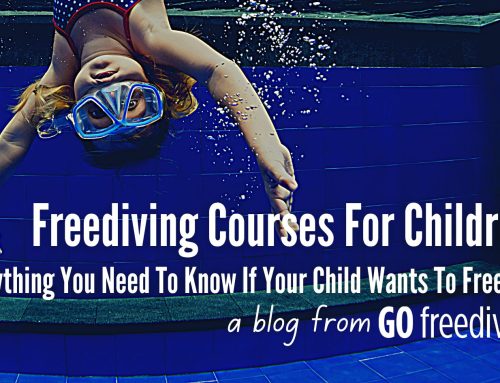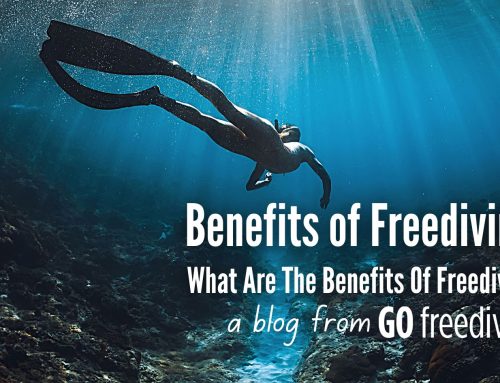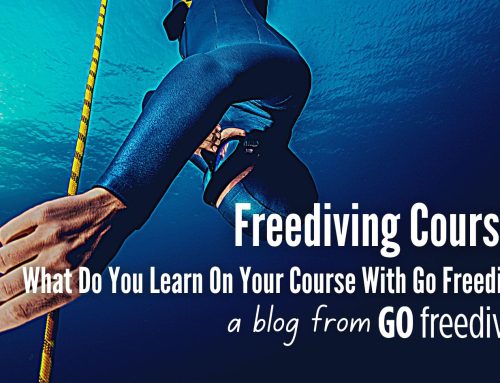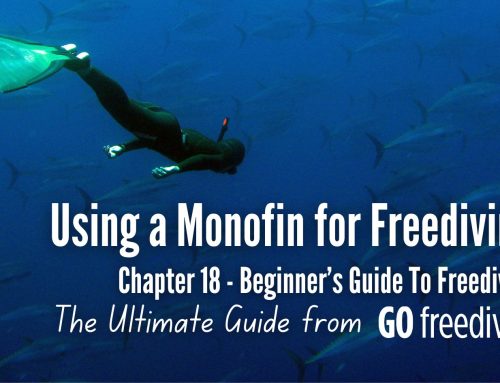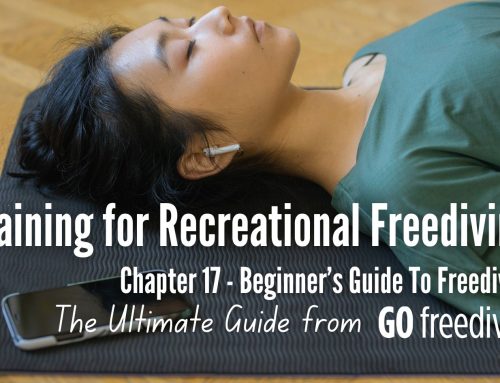Static Apnea is one of the hardest freediving disciplines. There is no movement, no need to equalise. Nothing to take your mind off the fact that you are lying face down in a pool, against all received wisdom, holding your breath.
You can probably hear sounds around you, children playing, people stopping and asking your buddy what on earth you are up to. You need to concentrate, cut out all distractions, focus your mind, but you can’t. Your mind is scattershot, conspiring with your mind to get you to breathe.
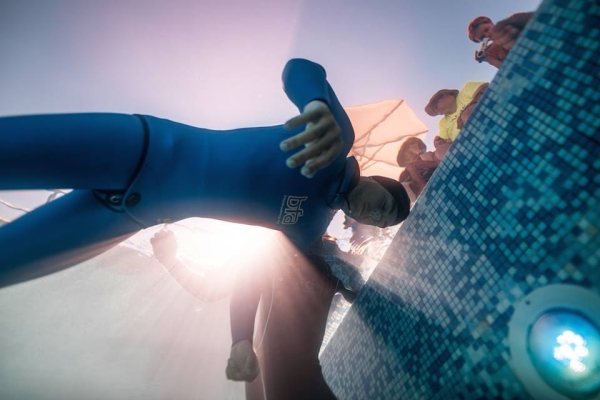
Carl Atkinson
What do people think about when holding their breath?
Over the years of teaching and practicing static apnea, the question always arises ‘what do you think about?’ What can you concentrate on that stops you thinking about the urge to breathe? When people first learn to hold their breath, their mind is racing, yelling at them to stop this craziness and take a breath. Hardened Scuba divers will burst out of the water after only 20 seconds of a static apnea breath hold, adamant that they cannot hold their breath any longer despite not being out of breath at all.
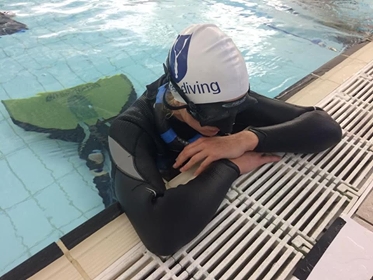
When people become more accustomed to static apnea, they start to move beyond the initial stages of mental panic and they then have to find things to think about. I have had students thinking of all kinds of things to take their mind of the breath hold, from sex to imagining looking at their dead body lying in a coffin!
Proper breathing preparation
The process of stilling the mind actually comes way before the static apnea breath hold. It is useful to follow a plan, create a preparation strategy that maximises routine and minimises stress. Breathing correctly is key to this, ensuring that you do not hyperventilate. By keeping levels of CO2 stable in the blood and your breathing preparation gentle and relaxed, your body moves into the parasympathetic state and this in turn relaxes the mind.
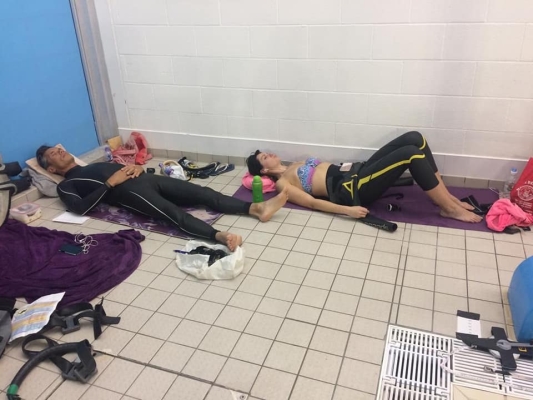
Focus on breathing as if you are falling asleep, gently extending the exhalation. Keep your lower jaw relaxed. I have many time seen freedivers actually fall asleep during their preparation for static apnea, proving just how relaxed their mind and body is.
Techniques to use during a static apnea breath hold
Here are some of the most useful things to think about when holding your breath
- Initially, try to allow your mind to drift off and think of nothing at all
- If you can hear your heart beat, visualise it slowing down
- Use the sound of your heart beat as a metronome, counting very slowly up to ten using five heart beats per count. When you reach ten, start again at zero
- Slowly scan through different parts of your body, checking that they are completely relaxed. If you find you always have an area of your body that tenses up then keep coming back to it
- Use the rotation of consciousness from yoga nidra practice to bring your awareness to different parts of your body in turn
- Sing the lyrics to a song you love, or recite a poem
- Follow the sounds around you, from the furthest away to the closest and then back out again
- Imagine walking in the front door of your house and what you see as you walk through every room
- Visualise your body being filled very slowly with white or coloured light
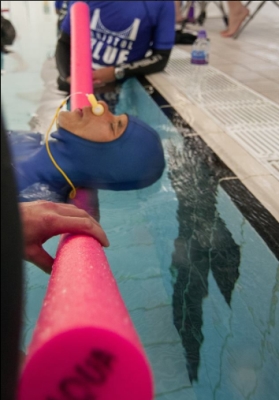 Other tricks to help you hold your breath longer
Other tricks to help you hold your breath longer
There are lots of other techniques that can help you with static apnea. I advise starting the breath hold with your eyes shut, and then opening them when you can’t seem to control your mind any longer.
Remember to use your buddy. Some freedivers don’t like any sound at all to distract them, however others use their buddy very effectively, to act as a coach, giving you things to think about and encouraging you to stay down.
Everyone is unique and you will find your own method for stilling your mind. Keep experimenting though as often new techniques can help even if you then decide to turn back to the old ones. As always, only ever train in water with a qualified and experienced buddy with you at all times.
Learn to freedive with Go Freediving
Go Freediving is the longest established, most experienced and friendliest freediving course provider in the UK, led by world class freediving instructor trainer Emma Farrell, and her team of personally trained instructors. No other course provider has such a good instructor to student ratio, safety record and personal touch.
Whether you’re a beginner dipping your toes into the world of freediving, a seasoned pro looking to turn professional, or simply a freediver of any level who wants the best freediving holiday in the world, we’re here for you!
Also check out our online guide, The Beginners Guide to Freediving by clicking here!
Keep in touch with everything Freediving
Subscribe to our mailing list for weekly newsletters with exclusive articles, news, films, offers and more!
And check out You Tube!

